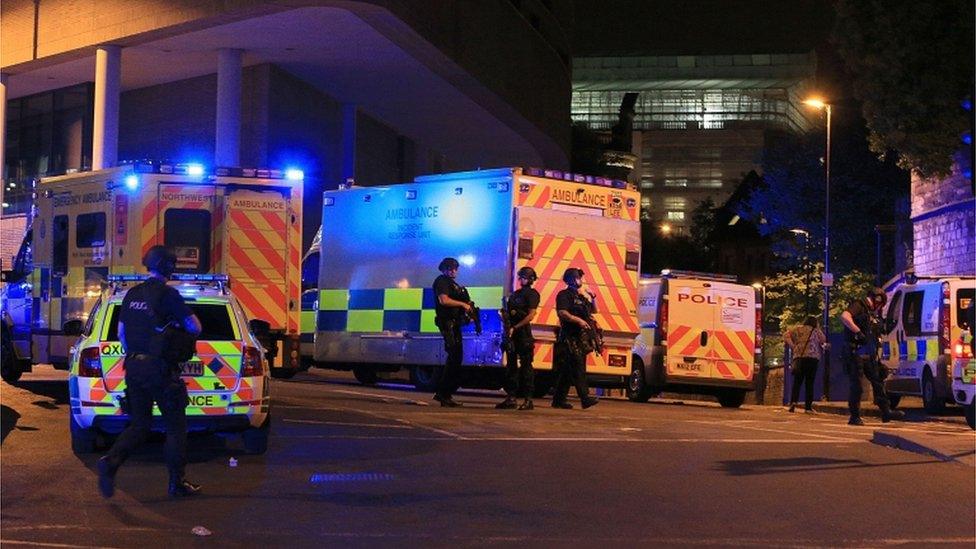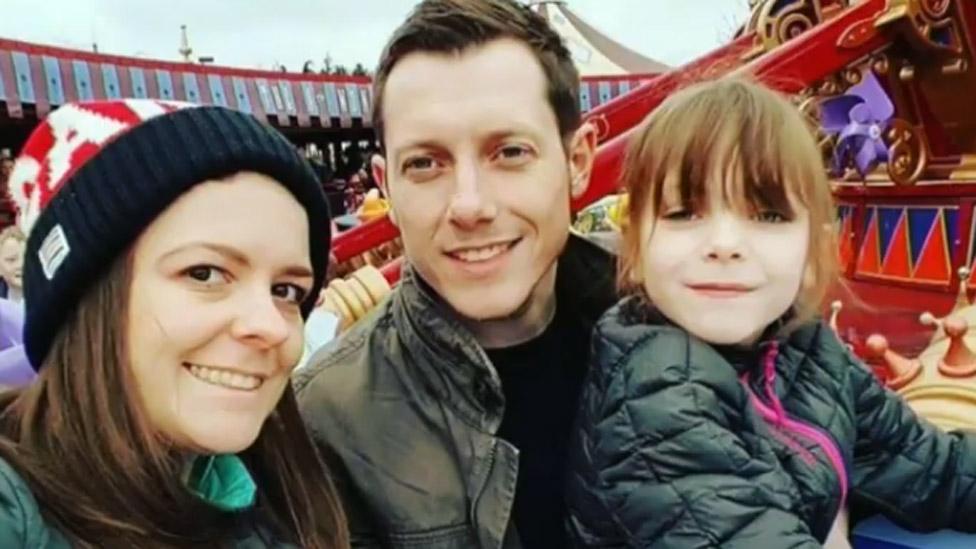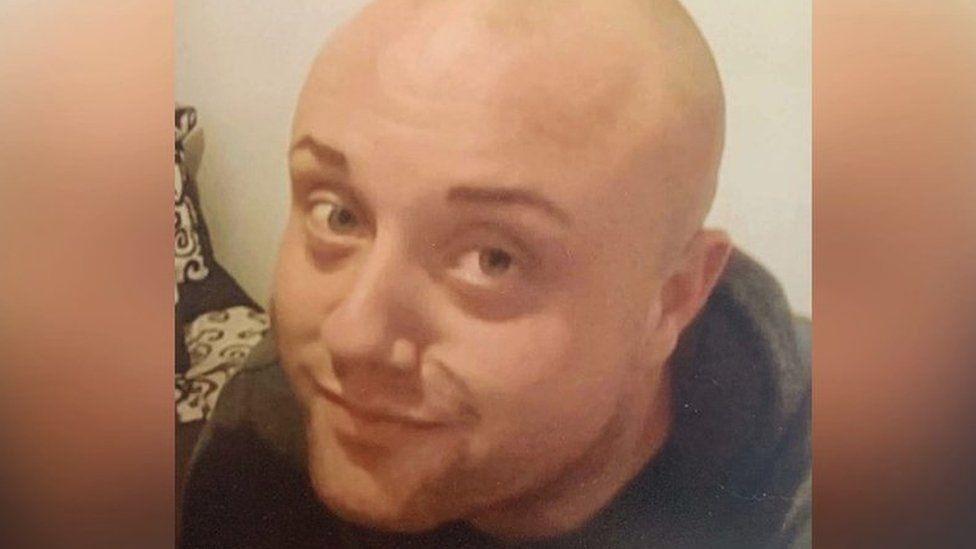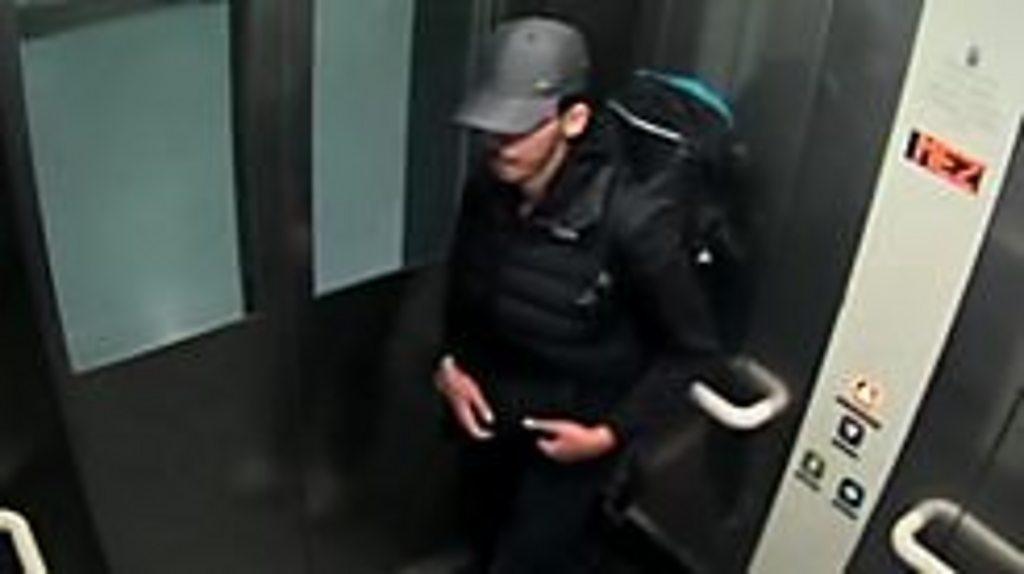Manchester Arena Inquiry: Chairman makes key recommendations
- Published

Twenty-two people were killed in the May 2017 bombing
The Manchester Arena Inquiry has published a catalogue of recommendations in a bid to help avoid similar atrocities in future.
The inquiry started in September 2020, more than three years after Salman Abedi detonated his homemade bomb at the end of an Ariana Grande concert.
Twenty-two people were killed and hundreds were injured.
Inquiry chairman Sir John Saunders found MI5 missed a significant opportunity to prevent the bombing.
Here are some of his key recommendations:
Extremist prisoners
The report recommends a new scheme designed to prevent extremist prisoners from radicalising those who visit them - after Abedi was known to have been influenced by an extremist he visited behind bars.
Sir John said the Home Office should consider introducing a system based on the "risk a prisoner poses for radicalisation of others". This system should allow for proportionate restrictions to be applied to visitors to that person.
Education
No one involved in Abedi's education had "sufficient" overview of his character to recognise his radicalisation, the inquiry found.
However, Sir John recommends the Department for Education should consider whether schools include notes of any significant behavioural problems - that may suggest violent extremism - or some record which follows a student if they move school.
Images of school pupils or college students handling firearms, explosives or other weapons that come to the attention of staff should also be recorded, unless there is a very clear innocent explanation.
Precursor chemicals
No recommendation was made in relation to the acquisition of precursor chemicals that could be used in bomb making.
Sir John said he was "satisfied" the Intelligence and Security Committee of Parliament was "ensuring that as much as can be done is being done" in that respect.
Legislation
Sir John said the Ministry of Justice should consider amending the 2005 Act to include being able to require a potential witness to participate in an interview as well as issuing pre-emptive enforcement proceedings for witnesses if there are grounds to believe that they will not co-operate.
He also wants to prevent a material witness from avoiding to attend witness proceedings.
He said one useful change, which would have assisted in the cases of Ismail Abedi and Ahmed Taghdi, would be the power to make a short-term restriction on the use of a witness's passport prior to attending to give evidence.
Operating with impunity
The inquiry recommends the Home Office should consider and respond to the 2021 Commission for Countering Extremism report "as a matter of urgency".
The report, external examines whether existing legislation adequately deals with hateful extremism.
Closed report
Because some of Sir John's recommendations involve matters of national security, he said he would have to make further recommendations in a closed report.
But he did say he would publish a "gist of the areas covered, to the extent that is possible".
BBC reporter Mat Trewern has examined the final report which you can listen to on BBC Sounds.

Why not follow BBC North West on Facebook, external, Twitter, external and Instagram, external? You can also send story ideas to northwest.newsonline@bbc.co.uk
- Published2 March 2023

- Published2 March 2023

- Published3 November 2022

- Published20 February 2023

- Published1 March 2023

- Published3 November 2022

- Published2 March 2023
